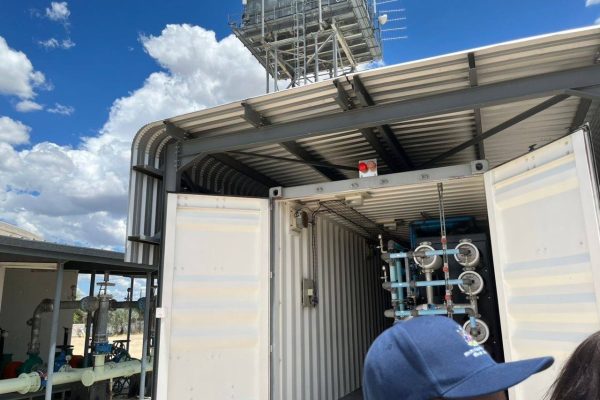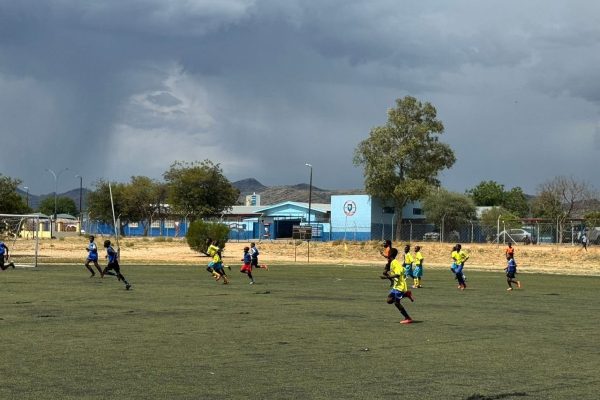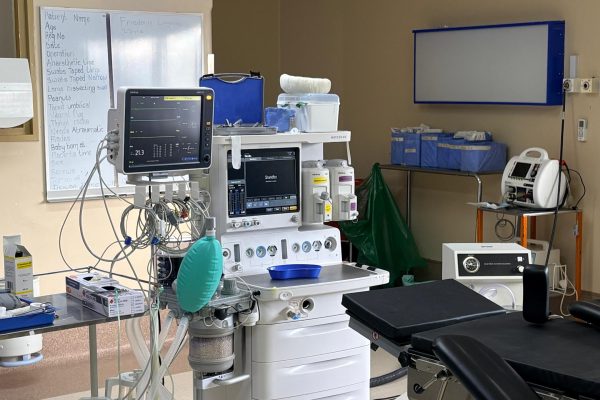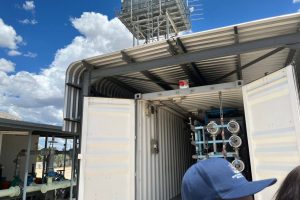
By: Mathias Hangala
In a bid to boost food security and promote self-sufficiency, the City of Windhoek (CoW) recently spearheaded the backyard gardening training of 55 residents from Khomas’s Katutura Central and Tobias Hainyeko constituencies, who recently completed their first phase last week.
The training, held at Farm Okukuna in Goreangab, forms part of CoW’s Mayoral Backyard Gardening Project (MBGP).
The initiative aims to equip residents with the knowledge and skills to grow their own fruits and vegetables, helping to address challenges such as rising food prices, poor nutrition, and unemployment. During the training, participants received hands-on instruction along with starter kits comprising seeds, gardening tools, and composting materials.
Implemented through a network pyramid model, the programme encourages sustainability and scalability. Each participant is expected to share their knowledge with at least five other community members, in turn broadening the initiative’s impact.
Speaking at the launch, Windhoek Mayor Ndeshihafela Larandja underlined the City’s commitment to empowering communities through sustainable agriculture.
“This training seeks to address challenges such as rising food prices and limited access to nutritious food while promoting self-sufficiency and environmental sustainability,” said Larandja. She added that the initiative also reflects the CoW’s broader goals of inclusive community development and environmental stewardship.
Although backyard gardening was once common in Namibian households, it has largely faded over the years. This project aims to revive that tradition, supported by a partnership between the CoW, the Ministry of Agriculture, Water and Land Reform (MAWLR), Namibia Aspiring Farmers Association (NAFA), and student interns from the Namibia University of Science and Technology (NUST).
Urban gardening has gained traction across Namibia in recent years. Swakopmund Municipality was the first local authority to launch a similar initiative, during the height of the COVID-19 pandemic in 2020. Since then, other towns including Rundu, Maltahöhe, and Windhoek have followed suit, drawing support from development partners keen on strengthening food systems and livelihoods.
Participants in the Windhoek programme expressed appreciation for the initiative, with local residents like Teopolina Kamati expressing excitement about it. Hileni Andreas echoed the sentiment, calling the training both informative and enjoyable. However, some participants also pointed out challenges, as Rebbeka Shoombe and Eico Matheus noted that a lack of available land could prevent some households from fully benefitting from the initiative.
In response, the CoW has indicated that future phases of the project may include innovative solutions for limited space, such as vertical gardening and container planting. In addition, further training will cover sustainable farming methods like composting, greywater reuse, and drip irrigation systems — techniques designed to conserve resources while improving productivity.
Training sessions are set to expand to households, schools, vocational centres, and community groups, with ongoing support expected from institutions such as the University of Namibia (UNAM), NUST, and various NGOs.
As urban areas like Windhoek continue to grapple with high food costs and limited access to fresh produce, initiatives such as the MBGP represent a promising step towards building more resilient and self-reliant communities.









